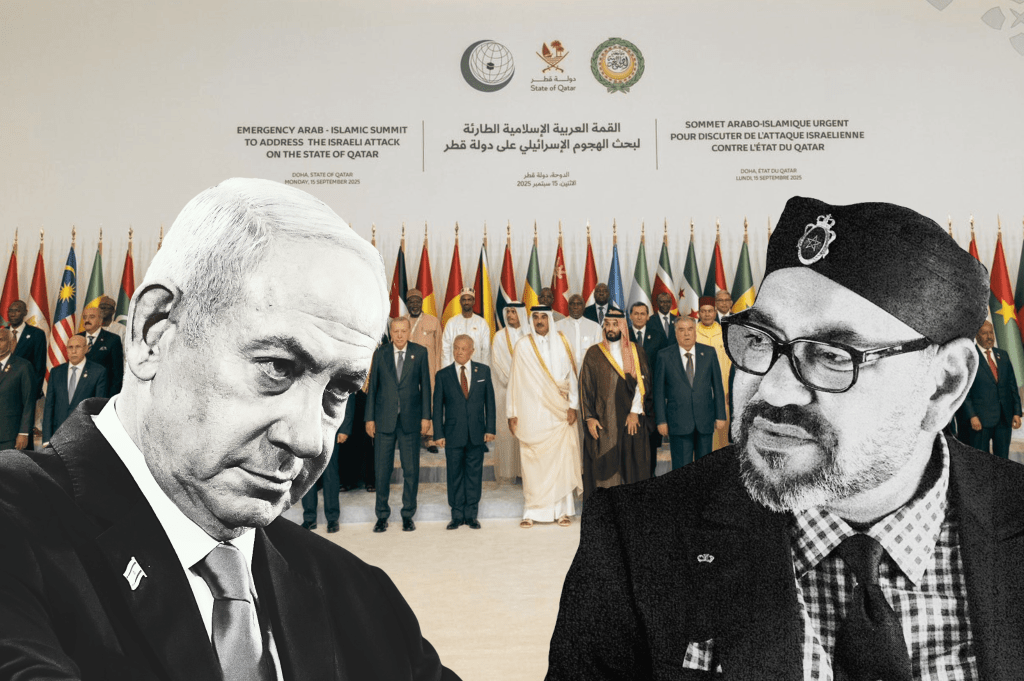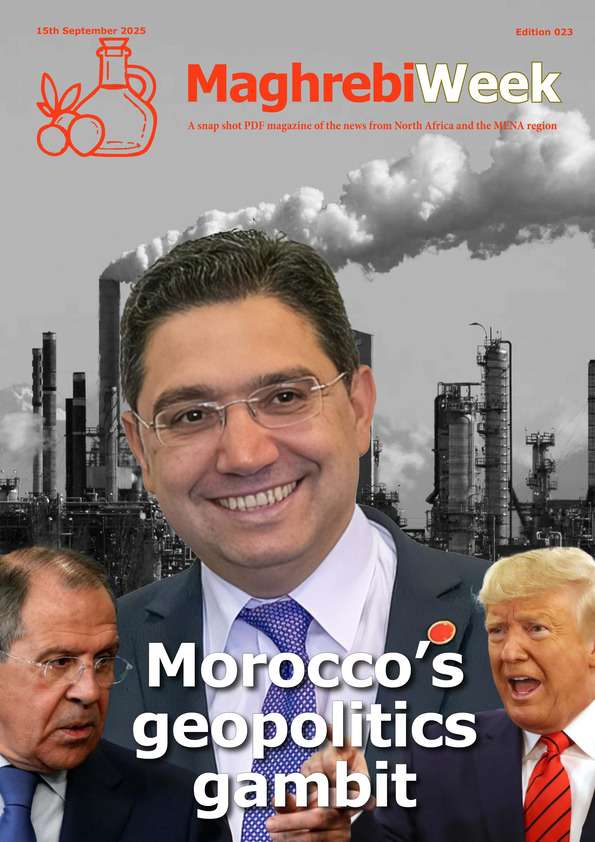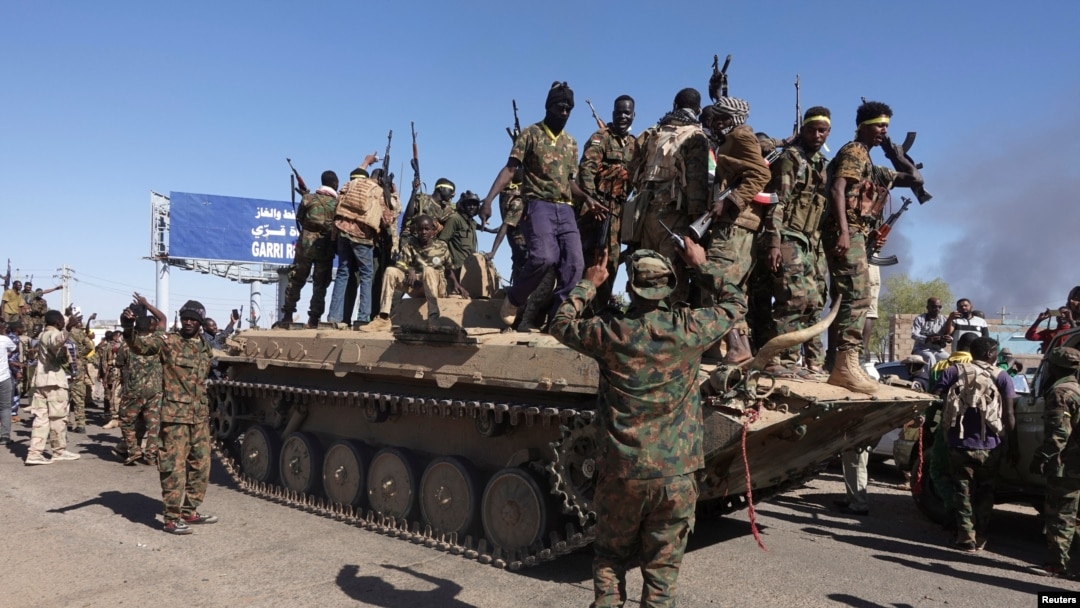Doha summit forces Morocco to confront its Israel relations

Qatar’s emergency meeting might have ignited the dormant defiance of the Arab world in terms of their relations with Israel, but for Morocco, the question remains: will realpolitik continue to outweigh moral commitments?
At the Doha summit on September 15, the leaders of the Arab and Muslim world broke from their ritual denunciations over the course of Israel’s two-year-long pogrom in Gaza, reports Al Jazeera. With unusually palpable anger, some urged boycotts and an end to cooperation with Israel, while others demanded tougher collective measures.

The summit, held just days after an Israeli airstrike on Doha, drew Arab leaders from both the Arab League and the Organisation of Islamic Cooperation (OIC), gathering nearly 60 member states.
Qatar’s Emir Sheikh Tamim bin Hamad Al Thani said in his opening speech that Israel was not interested in ending the war in Gaza. “If you wish to insist on the liberation of hostages, why then do they assassinate all negotiators? How can we host in our country negotiating delegations from Israel while they send drones and planes for an air raid against our country?”
Turkey’s Erdoğan agreed, adding that “There is a greedy, bloodthirsty mentality among Israeli officials.” The Doha attack took “Israel’s banditry” to a new level.
These sentiments have fueled speculation over whether Morocco might revisit its normalization with Israel, especially after its denunciation of the attack at the UN Human Rights Council session on September 16th. In an interview with the Moroccan-friendly outlet Hespress on September 18, Khalid Chayat, professor of international relations at Mohammed I University in Oujda, argued such a reversal is unlikely.
He stressed that Morocco’s trilateral agreement with the United States and Israel serves enduring strategic interests, particularly on the Sahara issue, and cannot be sacrificed for uncertain alternatives. Chayat dismissed the notion of an effective Arab unity framework, pointing instead to regional divisions, citing Algeria’s position on the Sahara as a case of states undermining one another.
He contended that normalization could only end if the Arab world first achieves genuine integration, economic, political, social, and technological, which he described as the sole viable alternative. Agreements with Israel, he added, are not the root problem but an outcome of current geopolitical realities.
Abdelhafid Al Younsi, professor of political science and international relations, took a more critical stance, highlighting Israel’s actions in Gaza. mass killings, forced displacement, deliberate starvation, and the expansion of settlements in the West Bank, as well as repeated incursions, the Hebraization of Jerusalem, threats to Al-Aqsa Mosque, and violations of Arab and Islamic sovereignty. He argued these developments demand a serious reassessment of how Israel is confronted.
Still, Al Younsi acknowledged Morocco’s ties to the Abraham Accords, its reliance on U.S. support over the Sahara, and its strategic calculus make decisive action unlikely. He described the situation as evidence of “a clear lack of will to confront a state led by a war criminal indicted by the International Criminal Court.”
Al Jazeera/ Hespress/ Maghrebi
Want to chase the pulse of North Africa?
Subscribe to receive our FREE weekly PDF magazine













